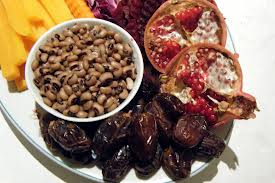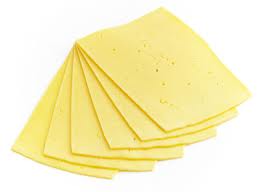Published Fall 2010
Introduction
On Rosh HaShana, everything we do is imbued with extreme significance. We stand in judgment before the Heavenly Court while each of our actions, words, and thoughts are scrutinized. To assist our efforts in currying Divine mercy, we employ various customs transmitted by our ancient mesorah. Among them is the regimen of the simanim, literally signs or omens. These are the foods that we bring to the table at the beginning of the evening meal as auspicious indications of a propitious year to come. What are the origins of this unusual custom? How can we be meticulous in its performance? How do we harness its power to usher in a year of prosperity?













 STAR-D
STAR-D STAR-S
STAR-S